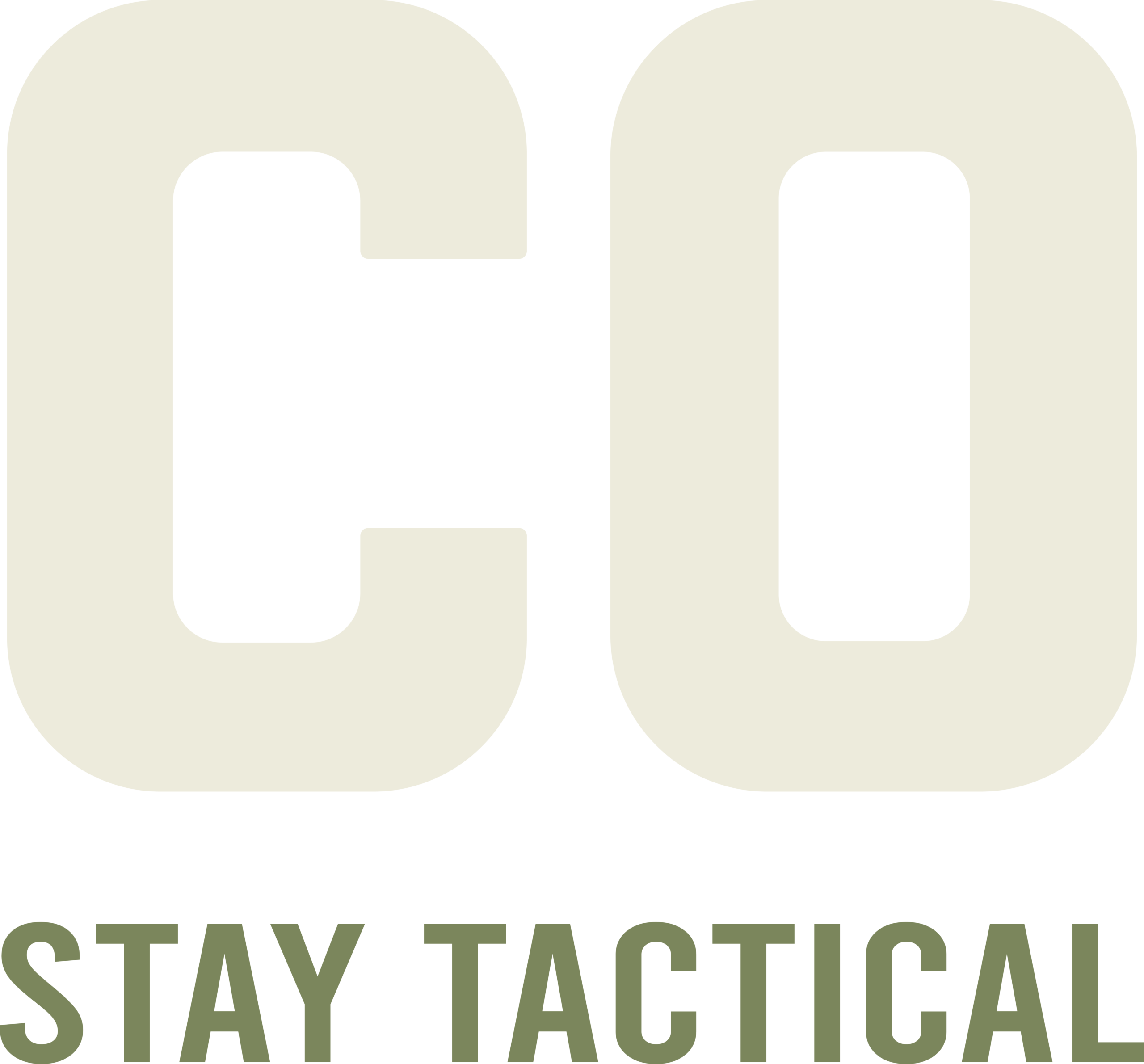Bosnia and Herzegovina was the scene of the Bosnian War, an international military war that lasted from 1992 to 1995. It is generally accepted that the war began on April 6, 1992, after a number of preceding violent occurrences. When the Dayton Accords were signed on December 14, 1995, the conflict came to an end. The major combatants were Croatian and Serbian-led proto-states Herzeg-Bosnia and Republika Srpska, as well as the forces of the Republic of Bosnia and Herzegovina, as well as those of those nations.
The fighting contributed to the dissolution of Yugoslavia. Following the 1991 breakup of the Socialist Federal Republic of Yugoslavia by Slovenia and Croatia, the multiethnic Socialist Republic of Bosnia and Herzegovina held an independence referendum on February 29, 1992, and won. The Bosnian Serbs’ political representatives abstained from the vote and rejected its results. The Assembly of the Serb People in Bosnia and Herzegovina adopted the Serbian Republic of Bosnia and Herzegovina’s Constitution on February 28, 1992, anticipating the results of the referendum. The Yugoslav People’s Army (JNA) and the Slobodan Milosevic regime in Serbia, along with Radovan Karadi, mobilised their forces inside Bosnia and Herzegovina to secure ethnic Serb territory after Bosnia and Herzegovina’s declaration of independence (which received international recognition). Then, accompanied by ethnic cleansing, violence quickly spread throughout the nation.
There are many unanswered questions about the Bosnian War but one that has always peaked my interest is how the Bosnian Army dodged the UN arms embargo to get weapons into the country which is what led me down this rabbit hole.
The arms embargo
The United Nations Security Council adopted Resolution 713 on September 25, 1991, placing an arms embargo on all former Yugoslavian territories. In an effort to stop the bloodshed from growing, the resolution placed an international arms embargo on all Yugoslavian regions. Only the supposedly neutral Yugoslav National Army (JNA) had a sizable stockpile of heavy weaponry at the time the embargo was put into place. But as the battle wore on, the JNA came under Serb rule. As a result, the JNA’s enormous arsenal was inherited by the Serb forces from Serbia, the Republika Srpska, and the Republic of Serbian Krajina, leaving Croatia and Bosnia to fight with the weapons they had either taken during the Battle of the Barracks or smuggled under difficult circumstances.
As a result, the arms embargo “cemented an imbalance in weaponry” between the opposing parties. Bosnian President Izetbegovi and the Bosnian administration repeatedly demanded that the arms embargo be lifted in response to the unfavourable situation so that they could arm the Bosnian Army to fight against the Serbs. The embargo, according to Izetbegovi and other Bosniak officials, was an unconstitutional breach of Bosnia’s right to self-defense under Article 51 of the UN Charter.
An interesting alternative
I had read about how the Bosnian government was able to utilize back channels with the help of the CIA and Islamic organizations to get arms into the country, expecting to really dive deep into that. Instead, I learned about Soeripto from Indonesia.
There aren’t a lot of details about Soeripto’s life but I was able to piece together how he became involved in the arms smuggling in Bosnia through those who were involved in the Bosnian war. Soeripto was an activist who worked with several different organizations. During the Bosnian war, he felt a religious duty to assist. Originally, he became involved in assisting through a humanitarian effort he met representatives of the Bosnian government.
Soeripto and his Indonesian humanitarian organization began assisting with getting food, medicine, and clothing over to the war ridden country. After a few meetings, it is alleged representatives of the Bosnian government vented their struggle to be able to defend themselves without weapons and requested assistance in smuggling in weapons. After seeing how bad the war was getting, Soeripto alleged in an interview that he felt he had to assist.
Without many questions in the arms world, Soeripto reached out to his social circles who directed him to an arms broker in Croatia originally. Through this arms broker, Soeripto was able to make several trips where he purchased and smuggled in AK-47s, M-16s, grenades, and grenade launchers. In order to get the guns in, he organized transportation under the guise of aid distribution from a humanitarian agency, the Egyptian Red Crescent. He would layer the loads, with weapons, ammo and humanitarian aid to make the whole thing look legit. In order to ensure delivery, Soeripto undertook the delivery himself and would travel the route in the convoy.
In his interview with Jernih, he advised “the most thrilling thing is when the truck is stopped by a guard at the check -point . Of the three possibilities—the post could belong to a Bosnian fighter, an armed Serbian militia or a UN Troop post—only if the post is a Bosnian post, Soeripto is safe even if it is uncovered. If the post was a Serbian checkpoint, its fate would be as clear as a fish against the grill. If the post is a UN Troop post, he can be arrested as a war criminal who supplies weapons while there is an arms embargo.”
It is unknown how many “missions” Soeripto played a role in but he was never caught. We do know he assisted with bringing in several different weapons systems that expanded from just small arms to rocket launchers and shells. As a result, he became a trusted ally of the Bosnian Army and was granted some very close access.
Today, Soeripto is 87 years old and living out his life in Indonesia where he continues to be an activist.


